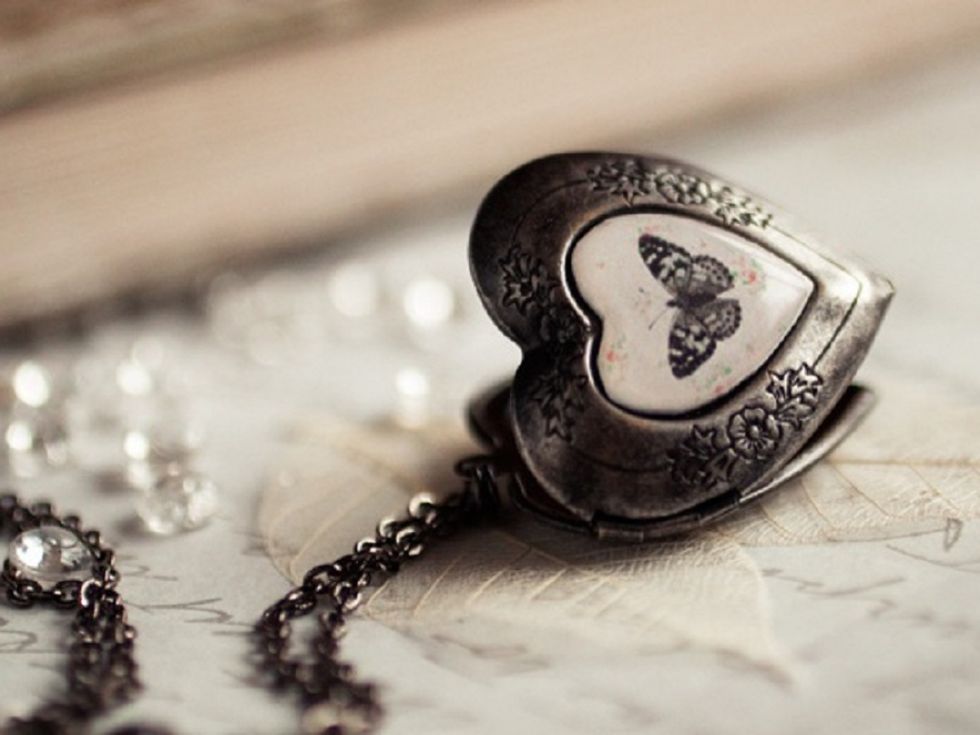(To my reader: Please note that the following article includes my experience with severe depression and anxiety and suicidal thoughts.)
So. I've written about depression and anxiety. I've written about ADHD and Asperger's. Now it's time to talk about something even bigger and worse: bipolar disorder. But because I've likely already made my readers variations of serious and sad with my first two articles, I'm going to write a light and quirky article about my biggest and worst "demon."
First off, let me say how happy I am to live in the time I live in because I don't know what kind of life I could lead without the psychiatric care I am receiving now (I don't know, maybe I'd be deemed the modern madwoman in the attic? I guess I could keep writing poetry...). Besides the general sunshine that came with lifting the fog of a decade-long, deep depression, my diagnosis with type II bipolar disorder brought me several other ways to bloom. Here's just a few.
1. My mind is quiet.
One of the symptoms of bipolar disorder that people might not know about is the incessant racing thoughts. After starting my medicine, my once-stormy mind shut off like a faucet. Ahh. Nothing like starting life anew with a clear and peaceful mind.
2. My heart is relieved.
A huge part of receiving a diagnosis with a serious illness of any kind is the washing-over of relief that comes with knowledge. Before finding out I had bipolar disorder, and especially during the times when my fight was the hardest, I felt a sense of profound fear: What was going on with me, and how could I make it stop?
Getting my diagnosis and the treatment it requires has given me a new and more secure life in knowing that, though I have a serious medical illness, I can and will be helped.
3. It gave me an identity that helps me connect with others.
Another big part of living with mental illness is not letting it, like any other sort of illness or condition, define you. Although I understand that mental health professionals and advocates encourage this attitude with good intentions, I can't help but notice that this idea might be heavily influenced by all of the negative parts of having a mental illness, i.e. cultural stigma and misunderstanding. Personally, I love talking about my mental illness because it a) has been a huge facet of my life and who I am now and b) it helps me connect with others who experience it. Whether it be allowing me to make a friend who otherwise felt lonely due to their illness or helping me to feel a little less ashamed by looking at the "greats" in history who struggled with bipolar, my illness empowers me to connect to the world.
4. It gave me a cause, and a reason to care.
Ever since I received my diagnosis, I have felt empowered to not only connect with the world but to educate the world. To me, bipolar seems like one of the most least-known-about and (consequently) most-stigmatized mental illnesses out there. My goal is to help make the world a kinder place for people with bipolar and other mental illnesses. Besides giving me a cause, my diagnosis has opened my eyes to not only people living with other mental illnesses, but also to people who live with many different kinds of illnesses, conditions, and disabilities, and just people in general. I guess you could say that learning that I have bipolar disorder has made me a more compassionate person.






















